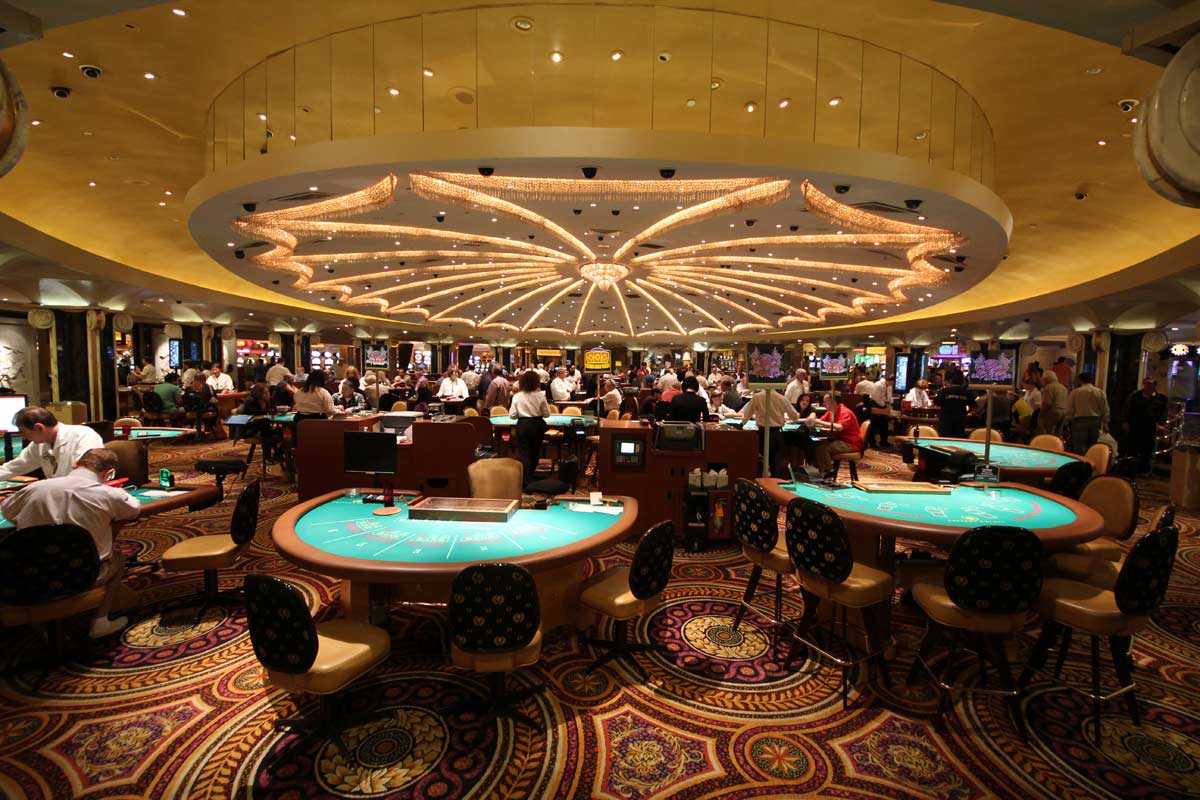Diving Into Table Games: Not Merely Luck
When we think of gambling activities, the initial images that frequently cross our minds are those of rotating wheel wheels, card chips clinking on felt surfaces, and dice flying across a gaming surface. While numerous view these activities as simple hobbies fueled by luck, a deeper exploration reveals a fascinating blend of strategy, skill, and community interaction that raises them far beyond simple chance. Regardless of whether you are a experienced player or a inquisitive newcomer, understanding the subtleties of these activities can greatly enhance your enjoyment and appreciation.

Casino games have evolved over hundreds of years, with various cultures contributing to their diverse histories and variations. From the intricate strategies of blackjack to the deception methods in poker, players engage in a battle of wits as much as a gamble on numbers. This exciting interplay between chance and expertise creates a thrilling atmosphere that draws millions to gambling establishments worldwide. As we delve into the realm of card games, we will uncover the methods that can tilt the odds in your favor and the social aspects that make these games a favored choice for entertainment and engagement.
A Strategy of Table Gaming
Casino gaming often involve a blend of ability and chance, making them intriguing for players who like a challenge. Each title has its unique set of rules and tactics that can influence the results. For instance, in games like 21, players are required to use strategies like card counting and grasping the odds to make smart decisions. This expertise can significantly improve their winning potential, distinguishing seasoned players from novices who may depend entirely on chance.
Conversely, titles such as the roulette may appear to be entirely based on luck, but tactical thinking can also come into play. Players can select between different betting tactics, such as the Martingale system, in which they increase the bets after a loss. This method can create a more controlled way to the activity. 33win.shopping Understanding the odds of specific bets can also help participants make smarter decisions on the roulette table, demonstrating that even in titles of luck, tactics can enhance the experience.
Furthermore, the game of poker stands out as a title that strongly emphasizes strategy. In contrast to most gaming titles, poker merges ability, psychology, and chance. Participants must not only concentrate on the cards they are dealt but also consider their rivals’ behavior and wagering patterns. Mastering principles like position, the odds of the pot, and reading bluffing is crucial for success. This complexity of strategy in poker often leads to a more immersive experience for participants, as the decisions and skills greatly affect the game’s results.
Comprehending Probability and Odds
In the realm of gambling games, probability and odds play a crucial role in determining a player’s potential outcomes. Every game has its own collection of rules that dictate how the probability of succeeding or failing is calculated. For instance, in matches like blackjack, participants have a opportunity to modify their odds through strategy, whereas in matches like roulette, the results are exclusively dictated by chance. Comprehending how these chances are calculated can substantially affect how a player deals with the match.
Ratios are typically shown in two formats: ratio and decimal. Fractional ratios show the proportion of the amount won to the sum staked, whereas numeric ratios show the total payout for a winning bet, which includes the initial bet. For example, if a game has odds of 5 to 1, this implies that for every one dollar bet, a player could gain five dollars if they win. Learning how to understand these ratios allows gamblers to evaluate their possible earnings and make more educated choices during play.
Players should also be aware of the casino advantage, which is the casino’s built-in benefit over the gamblers. Each match has a distinct advantage, and grasping this concept is essential for managing one’s expectations and funds. Activities with a reduced advantage, such as 21 and baccarat, typically offer better odds for gamblers compared to games like slots and keno. By understanding the connection between chance, ratios, and the house edge, gamblers can enhance their gaming experience and strategize more efficiently.
The Social Aspect of Casino Table Games
Casino games at gaming establishments are often seen as a hub of community engagement, drawing players together in a collective experience that extends far past the mere act of playing games. The atmosphere at a blackjack table can be electric, with players engaging not only with the game itself but also with each other. Joy, excitement, and, sometimes, playful teasing create connections that improve the overall experience of the gaming experience. This communal aspect can turn a solitary endeavor into a dynamic social event, making casino games particularly enticing.
One of the intriguing elements of gaming at tables is the way it fosters camaraderie among players. Whether it’s collaborating to beat the dealer at a craps table or exchanging tales between hands in a card game, the environment encourages communication. Players often share tips or strategies, creating a sense of community that enhances the fun. This interpersonal atmosphere can make new players feel included and less intimidated by the competitive nature of casino games. As the game continues, friendships may form, leading to a sense of connection that keeps participants coming back to the table.
Moreover, the social aspect of table gaming extends outside just the participants. Dealers play a crucial role in facilitating interaction and maintaining the flow of the game. Their ability to engage players with friendly conversation and their expertise in managing the table can create an welcoming atmosphere. This connection between participants and dealers adds another layer of enjoyment, where gamblers feel connected not only to one another but also to the staff. Such interactions are often what make the experience unforgettable, as players leave with tales to tell and relationships made, reinforcing the notion that gaming at tables are truly about more than just chance.